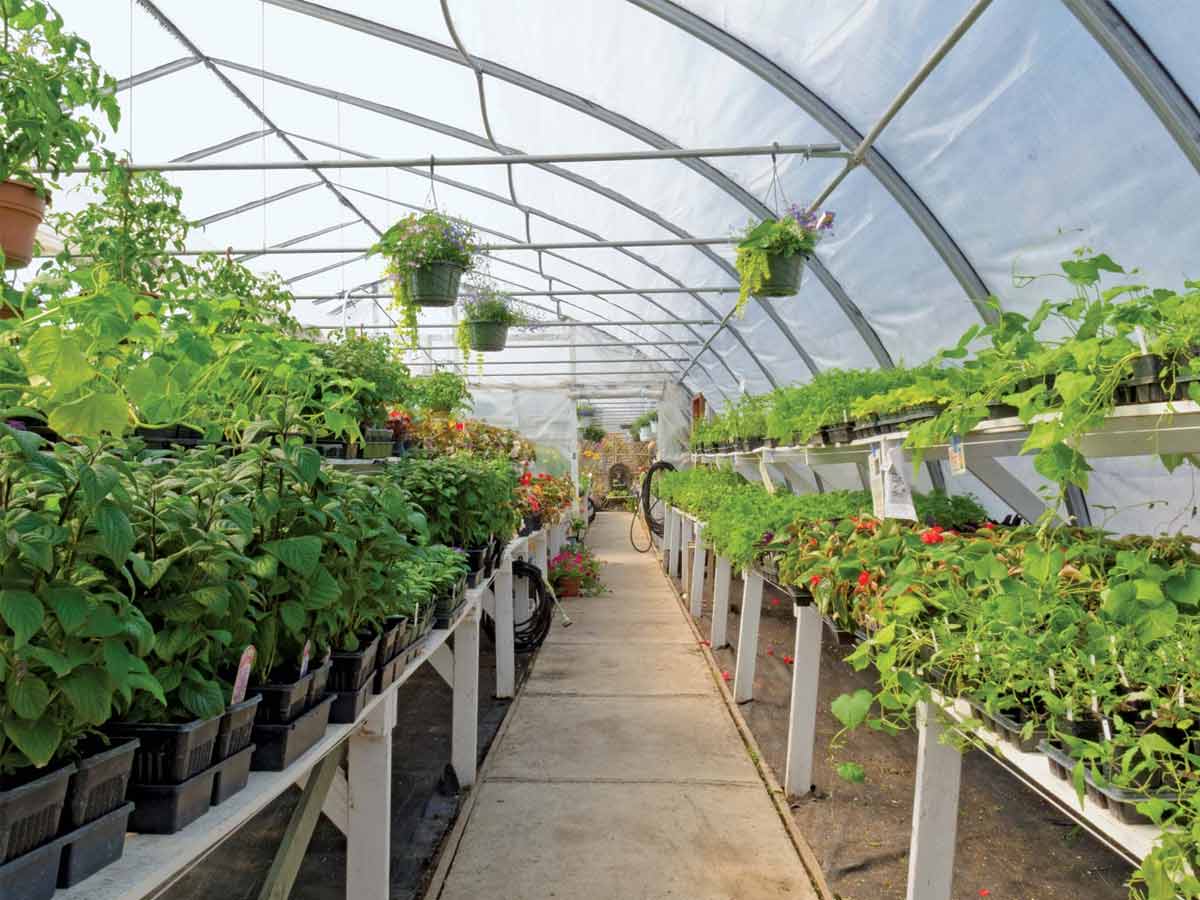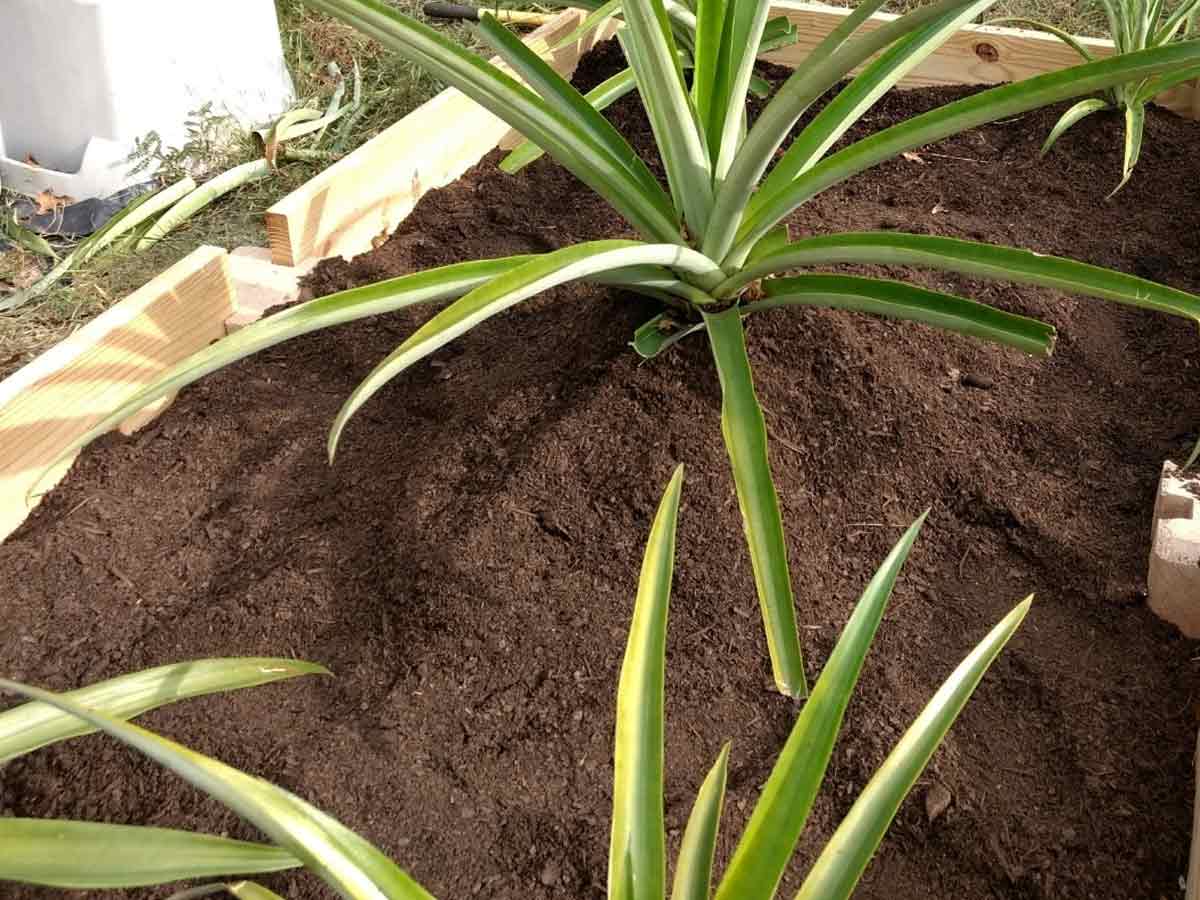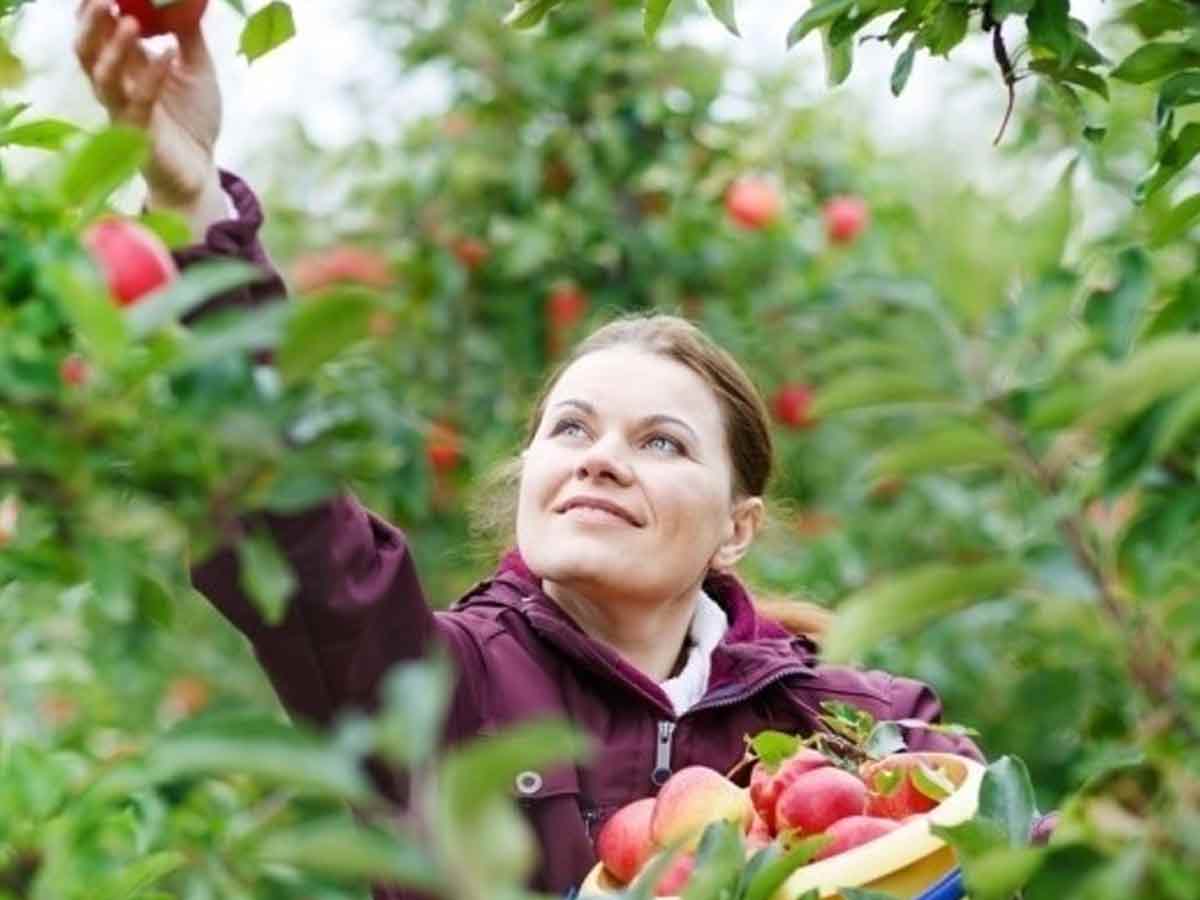Horticulture is a part of plant agriculture that focuses on garden crops such as fruits, vegetables, and ornamental plants. The word derives from the Latin words Hortus, which implies “garden,” and colere, which means “to plant.” It covers all types of garden management in general, but it refers to intensive commercial production in everyday use. It falls between domestic gardening and field agriculture in terms of size, though all types of cultivation are naturally linked.
What are horticulture crops?

Plants for food (pomology and olericulture) and ornamental plants are two types of horticulture (floriculture and landscape horticulture). Fruit and nut crops are protected by pomology. Carrots (edible root), asparagus (edible stem), lettuce (edible leaf), cauliflower (edible flower buds), tomatoes (edible fruit), and peas (edible fruit) are examples of edible herbaceous plants for the kitchen (edible seed). Floriculture is the science of growing flowers and ornamental plants, such as cut flowers, potted plants, and greenery. Landscape horticulture is a broad term that encompasses plants for the landscape, such as lawn turf and nursery crops like shrubs, trees, and vines.
Many factors affect the horticulturist’s specialization as well as the crop’s success. Climate, landscape, and other geographical differences are among them.
Is horticulture a good career?
It is the most common form of farming. It is a branch of agriculture that deals with fruits, vegetables, and ornamental flowers. It’s a vastly diverse profession with almost limitless career options in several environments. Horticulture knowledge and training are needed for a large number of jobs. It is possible that the training will be vocational or at the school/college/KVK level. In general, a degree in horticulture is required for a good job in this field. College-level education provides more in-depth knowledge of the discipline. It opens up career opportunities at supervisory or managerial levels.
In contrast, post-graduate and doctorate-level degrees open up opportunities to conduct research or teach in the field of horticulture. It is a broad topic in the field of agriculture that is divided into three branches:
Floriculturist:

Floriculture is a sub-discipline of horticulture that studies the cultivation and marketing of flowers and foliage plants. Floriculture refers to the cultivation of flowering and ornamental plants for sale or uses as a raw material in the cosmetics and perfume industries and the pharmaceutical industry. Floriculturists are practitioners who work in this area. Floriculturists plan and design exterior and interior habitats for parks, recreation areas, schools, industrial sites, institutional grounds, shopping malls, and other major projects.
Floriculture is a horticulture branch that focuses on the study of flower and foliage plant cultivation and marketing.
Olericulturist:

‘Olericulture’ is the science of vegetable cultivation. Olericulturists are people who work in the vegetable growing industry. It includes the cultivation of vegetables. In a huge country like India, it has enormous potential. Olericulturist may begin their careers in industry, research institutes, universities, and other organizations at various levels. These workers are in higher demand in the private sector right now, as vegetable growers, especially in the seed industry, have a bright future.
Pomologist:

Pomology is a branch of horticulture that focuses on the cultivation, development, storage, processing, and value addition of fruit plants, a major source of carbohydrates, vitamins, protein, and antioxidants. It is common knowledge that the fruit industry plays a significant role in many countries economies, making pomology particularly important. The invention of new hybrid fruit cultivators is one of the most important aspects of pomology.
Pomologists are generally knowledgeable about fruit breeding, tissue culture techniques, integrated nutrient management (INM), integrated pest management (IPM), and safe cultivation techniques. They are skilled at transferring qualitative and quantitative traits, especially desired traits like flavor and disease resistance. Pomologists have a promising future in the industry, ICAR, state agricultural universities, and other organizations.
Apart from deemed universities, our country currently has around 32 agricultural universities where horticultural education and research are carried out.
























